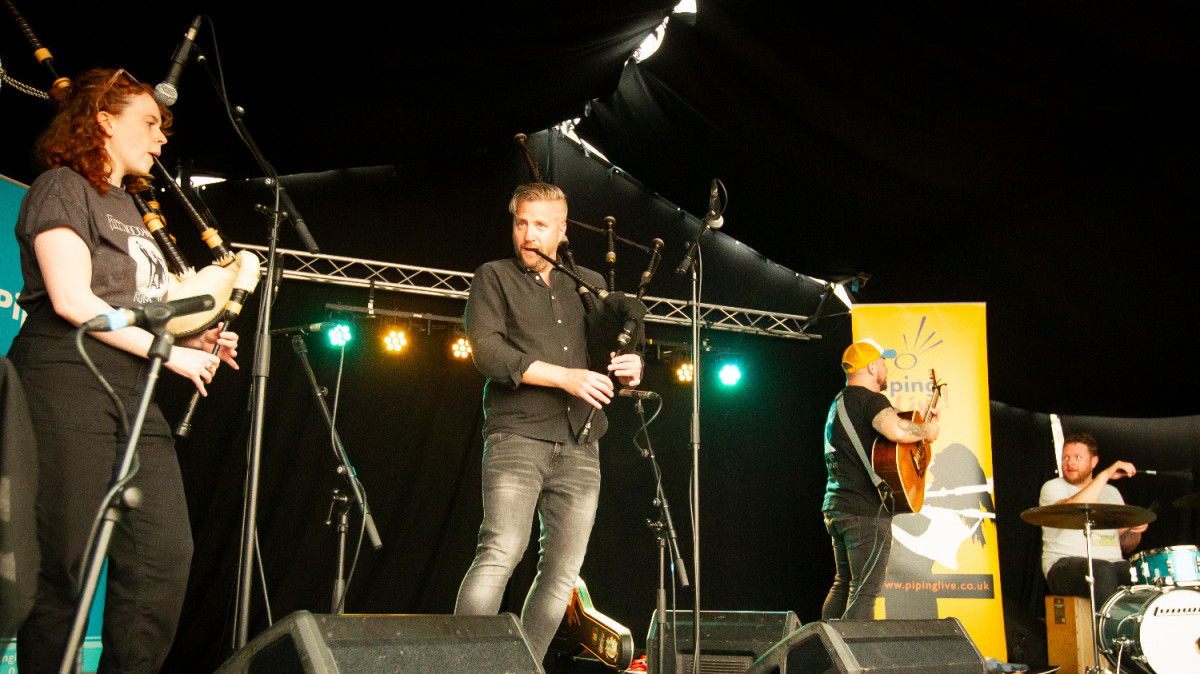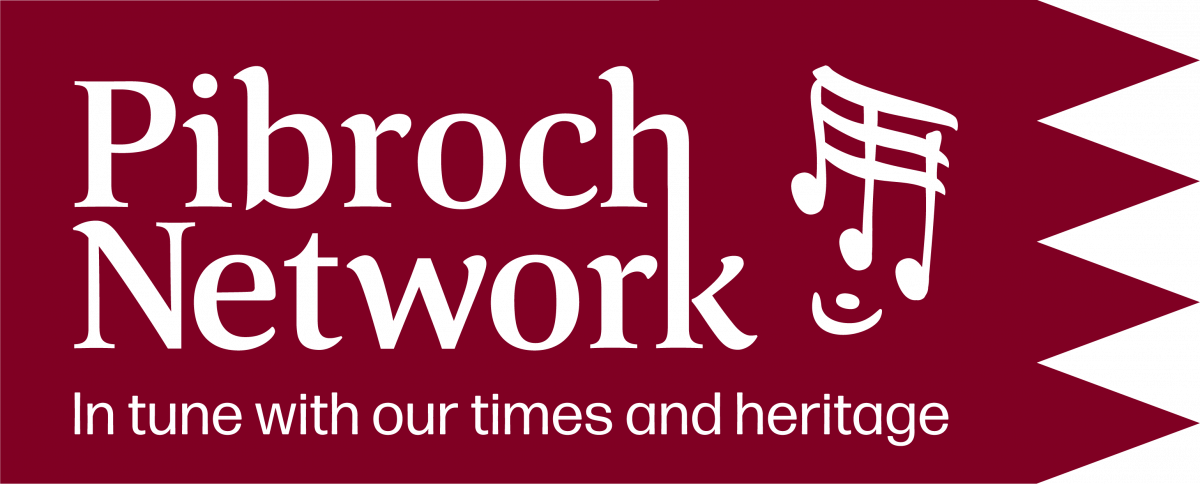
Pibroch can seem like the least accessible form of bagpipe music, even to pipers playing it. Although the competition arena offers the listener the opportunity to hear tunes being played at the highest level, it often leaves little time for reflection once the dust has settled on the prize list, despite the music covering such themes as life, death, war and revenge. Indeed, many of us may not even consider what a tune ‘means’ when playing or competing, and that’s fine … but could we be missing out?
With this in mind, what would happen if you took a piper, a poet and a priest, and asked them to address the theme of revenge highlighted by the tune “A Flame of Wrath for Patrick Caogach” from their unique perspectives? Let’s find out!
Date and time
2025-08-11 14:15:00
Venue
The National Piping Centre
Tickets
You will need a Festival Site Ticket to see these events.
Festival Site Day Ticket: £10 Std / £9 Over 65 / U16 Free + £1.50 booking fee
Festival Week Pass: £40 Std / £36 Over 65 / U16 Free + £1.50 booking fee
Festival Week Pass + All NPC events: £149 Std / £134 Over 65 / U16 Free + £1.50 booking fee
Alan Riach is a poet and Professor of Scottish Literature at the University of Glasgow. Born in Airdrie, Lanarkshire, he studied at the Universities of Cambridge and Glasgow, worked at the University of Waikato, New Zealand, 1986–2000, and returned to Scotland in 2001. Books include poetry: Homecoming (2009), Wild Blue: Selected Poems (2014), The Winter Book (2017), The MacDiarmid Memorandum (2023); and criticism: Representing Scotland (2005), Hugh MacDiarmid’s Epic Poetry (1991), and co-authored with Alexander Moffat, Arts of Resistance: Poets, Portraits and Landscapes of Modern Scotland (2008), described in the TLS as ‘a landmark book’. His 734-page Scottish Literature: An Introduction (2022) was described in The Times as ‘magisterial’.
Robert Gray is a clinical doctor and scientist by profession, and Professor of Respiratory Medicine at the University of Glasgow. He started playing the bagpipes at the age of 7 receiving his first lessons with PM Bob Martin at Boghall and Bathgate pipe band, returning there to play for several years in the early 2000s. He studied ceòl mòr under Robert Wallace and had a brief competitive period in the 2010s with highlights including winning the Open Piobaireachd at South Uist in 2010 and the B Grade Piobaireachd at Blair Athol in 2012. Family life and professional career have largely replaced any spare time for competitive playing, but Robert remains fascinated by the “big music” and how it might be a medium for the engagement of not just musicians, but a wider artistic and scientific audience.
Father Jim Lawlor is Parish Priest at the Immaculate Conception parish in Maryhill, Glasgow. He grew up in Duntocher and was educated at the junior seminary in Langbank and Blairs and then St Peter’s College, Newlands. He read Modern History at Oxford and was ordained priest in 1987. He was in Barlinnie for six years as a member of the chaplaincy team. Completing a Master’s in Theology at the University of Glasgow, he became a member of the Archdiocesan Pastoral Team and lectured in the philosophy department of the seminary at Bearsden. He taught the History of Philosophy at Chesters, subsequently Scotus College, for ten years and was appointed Parish Priest of the Immaculate Conception in December 2011.
Preceded by canntaireachd and conversation at 1:30pm, hosted by the Pibroch Network.
This event takes place in the Bothy tent and is free to attend as part of your festival day site ticket. Please ensure you arrive in good time for the start of this event.
The Artists

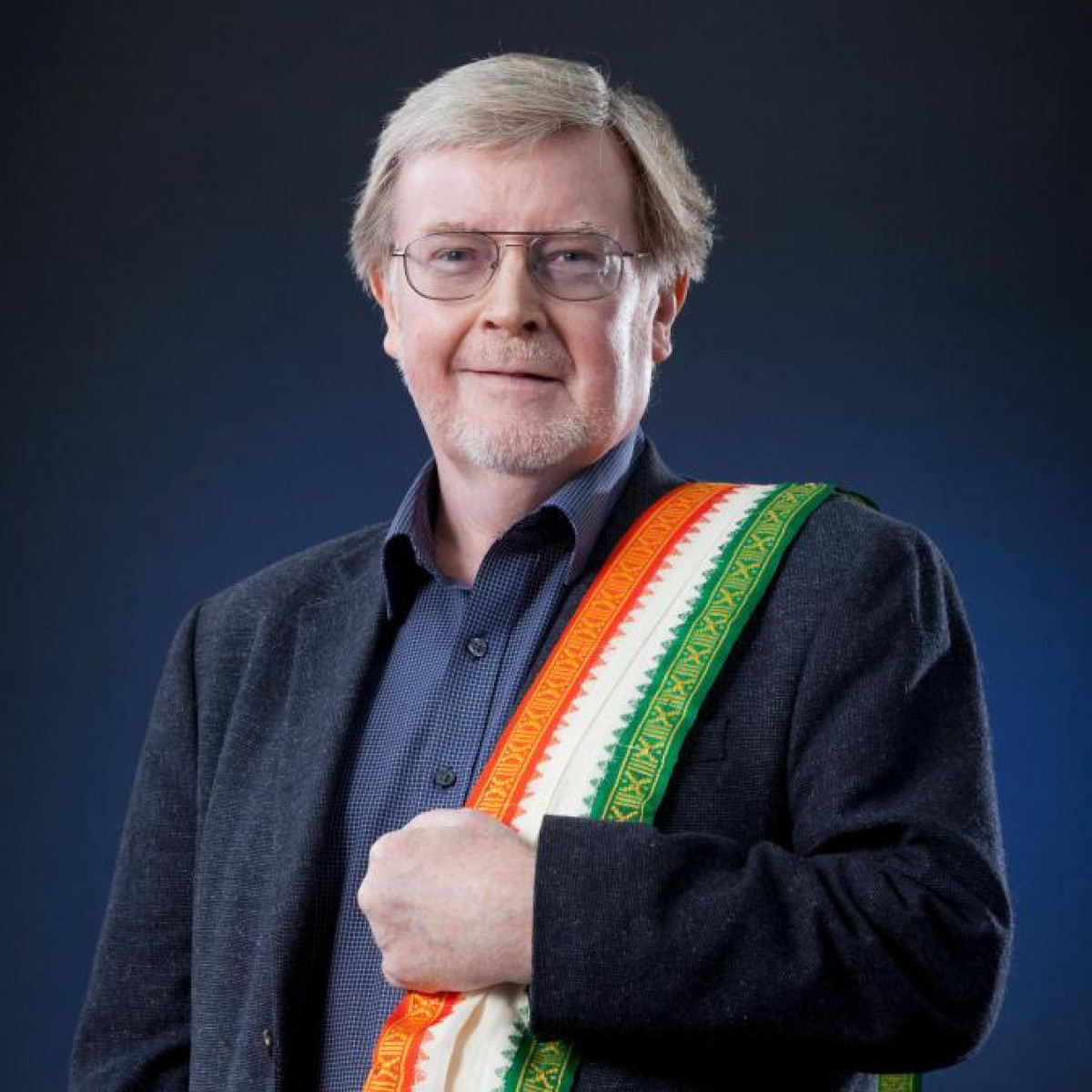
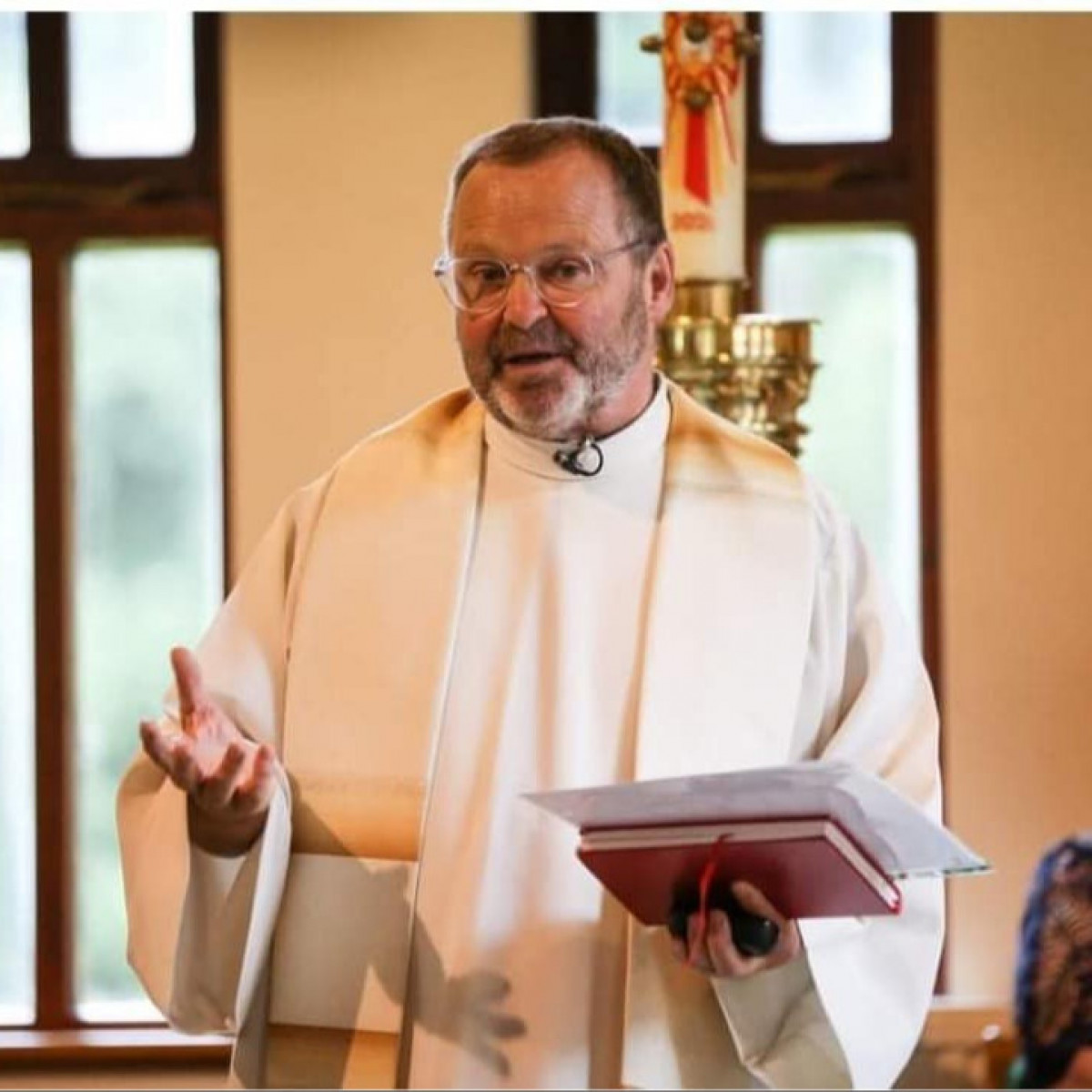
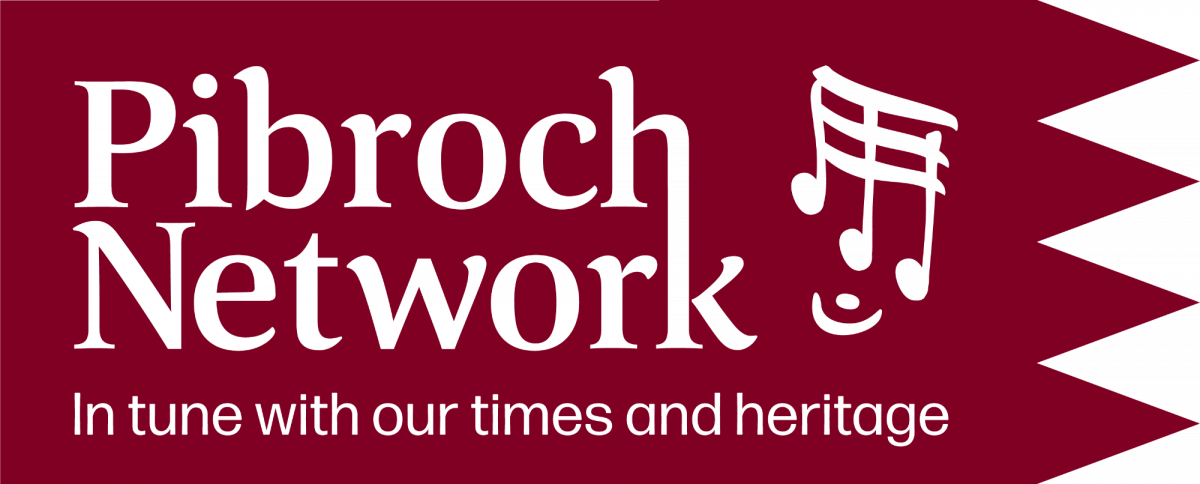
The Venue
The National Piping Centre
The centre serves as a national and international centre of excellence for the great Highland Bagpipe and its music. The Festival Site with the Centre Stage and Bothy Tent, as well as our food and drink tents will be on outside the Centre on McPhater Street. Ticket information is available here
Accessibility
The National Piping Centre and Pipers' Tryst restaurant has step access at both doors. There is a lift available from the side of the building to all floors. During Piping Live! access is through the ramped entrance to the Street Cafe, cross the marquee and then out the other door to the lift area. There is also an accessible toilet here.
You can book a welcome through the WelcoME platform here
You can see full access information at Euan's Guide here
Date and time
2025-08-11 14:15:00
Venue
The National Piping Centre
Tickets
You will need a Festival Site Ticket to see these events.
Festival Site Day Ticket: £10 Std / £9 Over 65 / U16 Free + £1.50 booking fee
Festival Week Pass: £40 Std / £36 Over 65 / U16 Free + £1.50 booking fee
Festival Week Pass + All NPC events: £149 Std / £134 Over 65 / U16 Free + £1.50 booking fee
Watch our Livestream
What you Need to Know
Find out more about the tickets you will need for this year's festival - all on sale now!
Newsletter
Get all the news straight to your inbox by joining our mailing list!
Designed & built by Mucky Puddle

